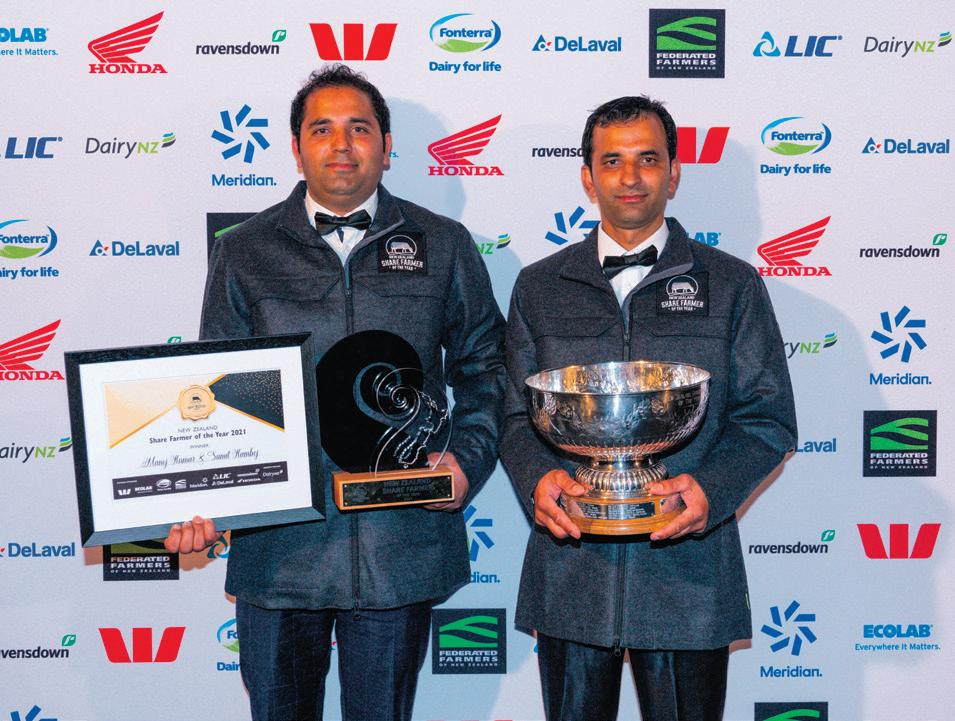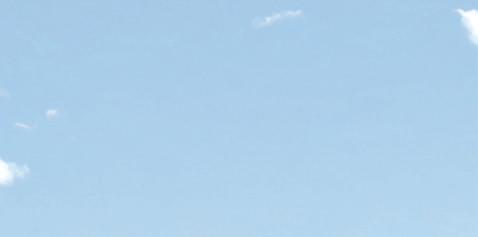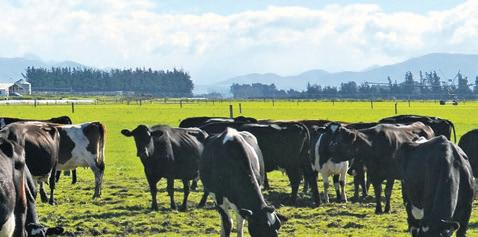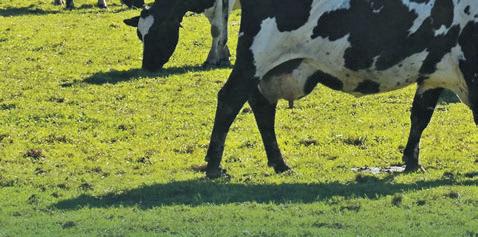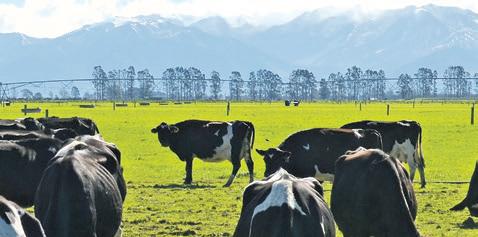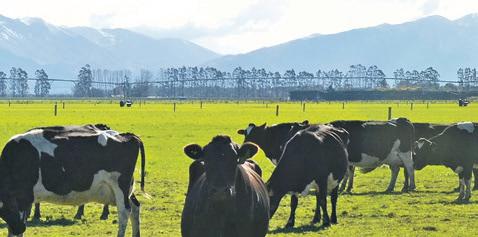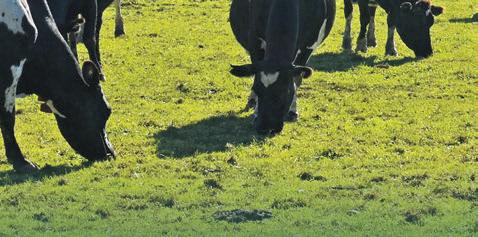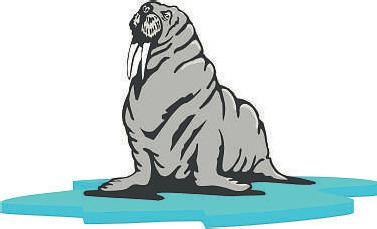







The 2024 Hawke’s Bay-Wairarapa Dairy Industry Awards dinner promises to be an evening not to be missed, combining the theme ‘Year of the Dragon’ with the dairy industry. This event is one of the highlights of the dairy industry calendar. Winners will be announced at an Awards Dinner at Copthorne Masterton on 5 March, with categories for Share Farmer of the Year, Dairy Manager of the Year, and Dairy Trainee of the Year.

For the first time, regional nominees of the Fonterra Responsible Dairying Award (FRDA) will be acknowledged at their local dinner.
The three winners of each category and the three FRDA finalists will then go to the New Zealand Dairy Industry Awards National final, with
national winners announced in Queenstown on Saturday 11 May.
This year’s New Zealand Dairy Industry Awards attracted 340 entrants from across the country, working in all levels of the dairy industry.
The three categories give entrants the chance to challenge themselves, earn a regional or national title, and to share in substantial regional and national prize pools.
Hawke’s BayWairarapa Regional Manager Zoe Reichardt say the regional awards dinners are always a night of celebration, and not just for the winners.
“The regional dinners not only focus on the regional winners and those in other categories, but provide another opportunity to meet, network and socialise with like-minded people who live and breathe the dairy industry. It’s also an opportunity for the volunteers and sponsors to be acknowledged, as they
























































































































provide invaluable support in so many ways to the entrants and the Awards.”
The theme of this year’s regional dinners is the
‘The Year of the Dragon’ which, according to the Chinese zodiac, is associated with strength, prosperity, and good fortune, and signifies the beginning of new adventures and the realisation of dreams.
“The dragon's energy reminds us of the strength
we find within ourselves to persevere in our daily work on our dairy farms, which are not merely businesses. Our farms are a source of sustenance for our families, our communities, and beyond,” explains Zoe.
“Just as the dragon soars into the sky, we too can aim for new heights in our farming practices. We can embrace innovation and sustainable methods to ensure that our dairy farms


thrive for generations to come.”
New Zealand Dairy Industry Awards General Manager, Robin Congdon, says entering one of the categories remains one of the best ways people can raise their profile and reputation, as well as learn more about the industry to help progress their career.
“The overwhelmingly positive feedback we receive from entrants is how much they learnt during the process and how glad they are they entered,” he says.
“Entering the Awards really is a learning journey – about the industry, about your business and about you as a farmer,” says Robin.
The New Zealand Dairy Industry Awards are supported by national sponsors CowManager, DeLaval, Ecolab, Federated Farmers, Fonterra, Honda, LIC, Meridian, Ravensdown, and Trelleborg, along with industry partners DairyNZ, MediaWorks and Rural Training Solutions NZ.
To purchase tickets for the Hawke’s Bay-Wairarapa Dairy Industry Awards Dinner and for more information on the New Zealand Dairy Awards visit www.dairyindustryawards.co.nz.





The New Zealand Dairy Industry Awards aim to drive best practice and improve tomorrow’s dairying. With a 34-year track record, the Awards celebrate the best in New Zealand’s dairy industry, involving dairy farmers to rural professionals, rural businesses, and the wider rural communities. Entrants get to challenge themselves, earn a regional or national title, and share in substantial regional and national prize pools.
The Awards help people in the dairy industry to:
• Learn, connect, and grow by accelerating learning and development. The Awards prompt entrants to challenge themselves and climb their career ladder.
• Stand out from the herd by showcasing skills. The Awards turn entrant passion and drive into something that sets them apart.
• Be rewarded with improved prospects and a growth in skills. The Awards reward the hard work of entrants with prize money, recognition, and industry exposure.
There are four New Zealand Dairy Industry Awards categories:
• Dairy Trainee of the Year recognises employees on a dairy farm up the age of 30, assessing entrants on general knowledge and practical skills.
• Dairy Manager of the Year assesses applicants on topics such as people, pasture, feed, livestock, the farm, environment, and sustainability.
• Share Farmer of the Year is for self-employed percentage sharemilkers, contract milkers, equity farmers and lessees. Assessment topics include people and culture, farm hygiene, health and safety, biosecurity, financial and business acumen, pasture, feed, livestock management, farm, environment, and sustainability.
• Fonterra Responsible Farming Award recognises dairy farmers and businesses demonstrating leadership in their approach to responsible dairying.


Working on a dairy farm in Pahiatua with 450 cows, Nicola Bosch feels lucky to have been taken under the wing of her boss and to have won a regional award for her efforts in last year’s Dairy Industry Awards.
“I’m learning about all aspects of farming – animal management, pasture management, water leaks, you name it,” Nicola says. She’s been working full-time as 2IC on the farm for two years now, with 18 months part-time before that, while also completing a Bachelor of Vet Technology at Massey.
Growing up on a dairy farm, Nicola didn’t originally think she’d make a career out of dairy farming herself but soon came to realise she was made for the job.
“I love my work,” she says.
“Being outside and working with cows is wonderful, and every day is different.”
When asked what it was
that made her stand out to the judges of the Hawke’s Bay-Wairarapa Dairy Trainee of the Year category in 2023, Nicola says, “my degree helped, as well as my focus on, and knowledge of, animal health and welfare.”
She had also completed the Primary ITO level 4 certificate – the New Zealand Apprenticeship in Agriculture (Dairy Farming) – that boosted her knowledge about all aspects of dairy farming, but particularly about pasture-based milk quality.
Aged only 24 years old, Nicola’s goal is to become either a contract milker or sharemilker. These types of dairy farm businesses typically involve a selfemployed person providing labour, shed expenses, and some equipment and, in return, receiving either a percentage of the milk income or a set price per quantity of milk produced. Usually, the land, cows, and machinery are supplied

by the farm or landowner. Such options are all about partnership.
“Winning the regional award has meant I’ve been able to meet other people in the industry, learn tips, and hear about upcoming opportunities. It’s all about networking and tapping into the information that’s spread by word of mouth, but also about passing your own knowledge onto others.
We give each other an edge.”
Now a Dairy Trainee Team Leader on the Regional Committee, Nicola is giving back by being a part of the planning and running of events for 2024’s Dairy Industry Awards. She’s also building equity in herself and learning the many different aspects of managing a dairy farm, while on the path towards her goals.




Alice Gysbertsen has been managing the 1000-cow dairy unit on Bryan Tucker’s Greytown farm for about 20 months now. She brought with her years of being 2IC at a dairy farm in Takapau in the Hawke’s Bay, and then added to her accomplishments by winning last year’s Dairy Manager of the Year award for the Hawke’s Bay Wairarapa region.
Aged only 29 now, Alice has known since she was 16 that she was destined to work with dairy cows.

“My parents had a dairy farm, and I was brought up with cows. I love the lifestyle, working with animals, and being outdoors,” Alice says. She earlier won the 2014 Dairy Trainee of the Year award and has gone from strength to strength since then.
“Being involved in the Dairy Industry Awards allows you to network with people in the business while challenging yourself to evaluate where
you are at and what your goals are.”
Alice’s primary goal is to become a herd owning sharemilker. Under this arrangement, the sharemilker supplies the herd and operates the farm on behalf of the farm owner, receiving 50 percent of milk income and 100 percent of income from the sale of livestock.
“There are a lot of advantages to herd owning
sharemilking,” she says. The sharemilker has the option of increasing stock numbers as well as the potential to increase financial returns. For the farm owner, knowing there’s an experienced operator in charge of farm operations allows them to step back from active farming.
Women are a significant proportion of dairy workers. Alice says she’s aware of an increasing number of women wanting to make dairy farming their career. A 2019 Ministry of Primary Industries factsheet about primary industries workforces, reveals that women make up two-thirds of the workforce in the dairy industry. There is even a Dairy Women’s Network which you can find out more about on its website: www.dwn.co.nz.
“I’m motivated,” Alice says. “Every day on the job is busy from sun-up to sun-down in dairy farming. I have a passion for it, and I wouldn’t want to do anything else.”











